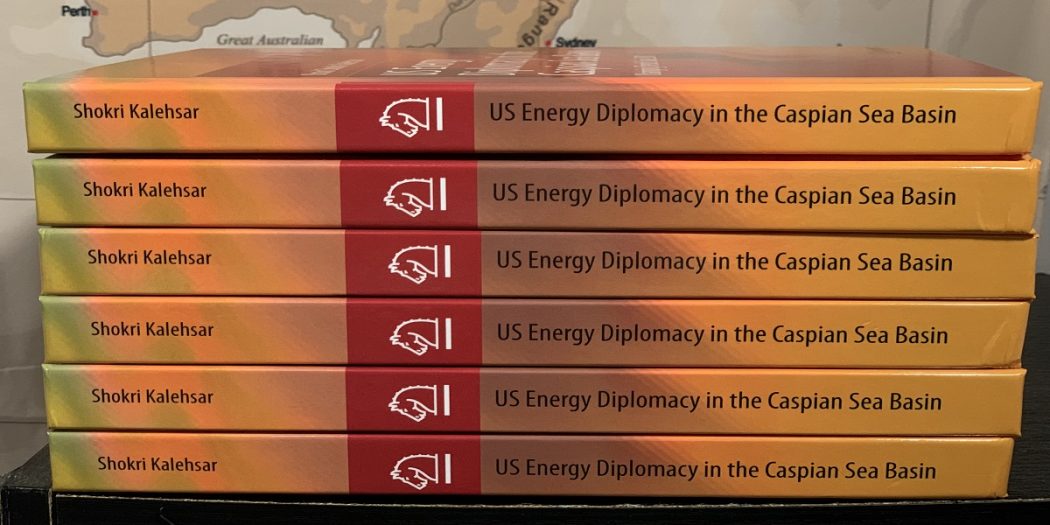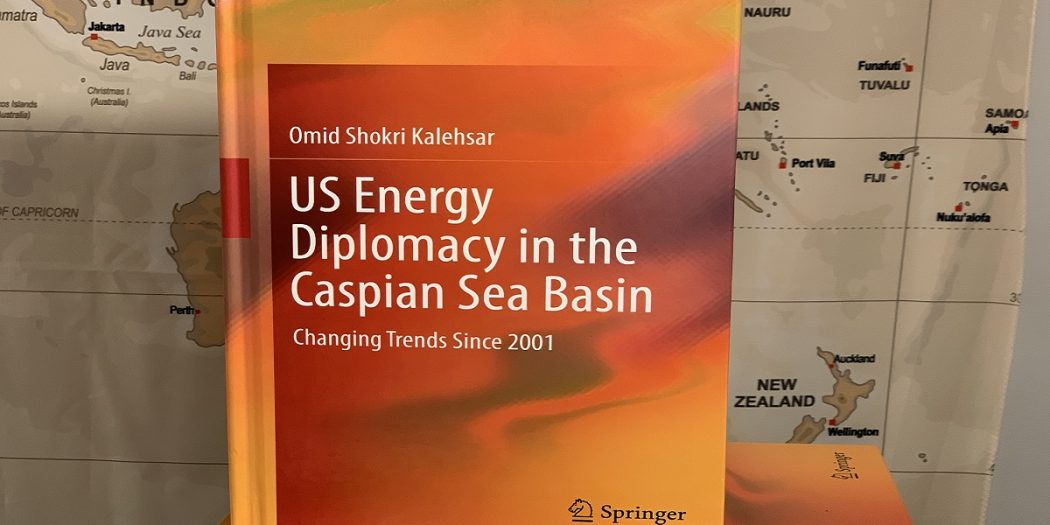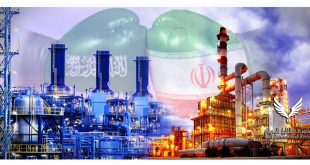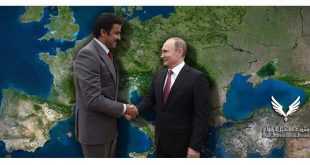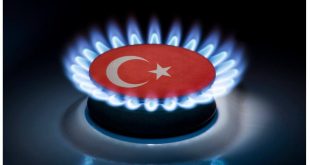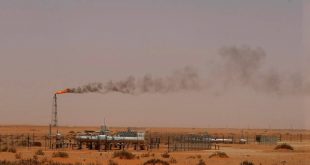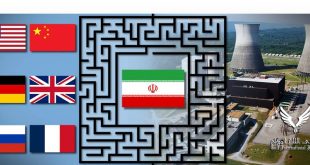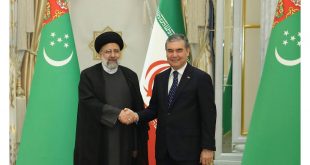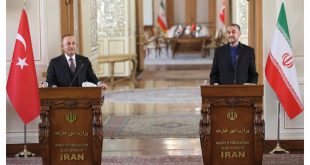Without using the capacity of foreign companies in the Iranian petrochemical industry, the gap between Iran and Saudi Arabia in petrochemical production will increase, and other competitors will also increase their share in the regional and global markets. In recent years, the export of petrochemical products from Iran has made …
Read More »Recent Articles
How Western sanctions over Ukraine invasion could hit Russia’s energy sector
Analysis: Tightening sanctions could lead to a decline in Moscow’s share of Europe’s energy market. Vladimir Putin’s invasion of Ukraine has posed several challenges for Western companies, with a growing list looking to exit Russia as international sanctions tighten. While Russian energy firms have not been sanctioned, a growing number of Western oil …
Read More »Exploring Alternatives to Russian Natural Gas, Europe Looks to the Gulf
Washington has deliberately increased its own LNG exports to Europe, and U.S. diplomats are trying to persuade Qatar to assist in meeting part of Europe’s natural gas needs, supporting the EU’s energy security as a traditional U.S. ally. The ongoing tensions in Europe between Russia and Ukraine have contributed to …
Read More »The combat capabilities of the cutting-edge ‘Akinci’ drone enter a new phase
Turkey aims to establish a completely independent foreign policy that will be supported by its own national defense powers, so that Turkey will not be dictated to by external international forces, but rather make free, independent strategic moves. By the year 2018, Turkey had already made noticeable progress in the area of …
Read More »THE GEOPOLITICS OF TURKEY’S NEW NATURAL GAS DISCOVERY IN THE BLACK SEA
Becoming one of the countries with richest energy resources, Turkey can easily meet its domestic needs and play the role of Europe’s natural energy bridge as the European Union is one of the world’s top energy consumer. The discovery of new natural gas resources by Turkey in the Black Sea, …
Read More »A volatile year ahead for energy markets in the Middle East
Analysis: As the global economy recovers from Covid-19, oil production and prices are expected to surpass pre-pandemic levels. But with changing market dynamics and acceleration towards renewables, the energy market could be in for a volatile year. The economies of energy-producing countries in the Middle East will be heavily reliant …
Read More »Iran’s Combative Diplomacy Continues in Vienna
After the withdrawal of the United States from the 2015 “Joint Comprehensive Plan of Action,” or JCPOA, nuclear deal with Iran, Tehran initially indicated that it would continue to follow its obligations in cooperation with the remaining members of the “P5+1” group that had negotiated the deal. Despite this early indication, Iran …
Read More »New natural gas transit agreement: Applying energy diplomacy in Iran’s foreign policy?
The recent agreement on the transit of Turkmen natural gas through Iran to Azerbaijan can be considered a successful form of energy diplomacy during the Raisi presidency. The recent agreement on the transit of Turkmen natural gas through Iran to Azerbaijan can be considered a successful form of energy diplomacy …
Read More »Resolving Iran’s Water Crisis is Needed for Stability
Iran has always struggled with droughts in the past, but the current water shortages have led to major economic hardship – and even waves of protest, testing the government’s ability to provide basic services and maintain order. Water scarcity is a growing problem across the Middle East. It has grown …
Read More »The Iranian-Turkish Cooperation Roadmap: A Solution to Resolving Bilateral Problems and Tensions?
In recent months, Turkey and Iran seized an opportunity to try to reduce their long-running multifaceted tensions. Despite geopolitical and security-related frictions, the bilateral relationship is rosier when it comes to business and people-to-people ties. Iran is among the highest sources of tourists to Turkey every year (Sabah, September 11). …
Read More »
